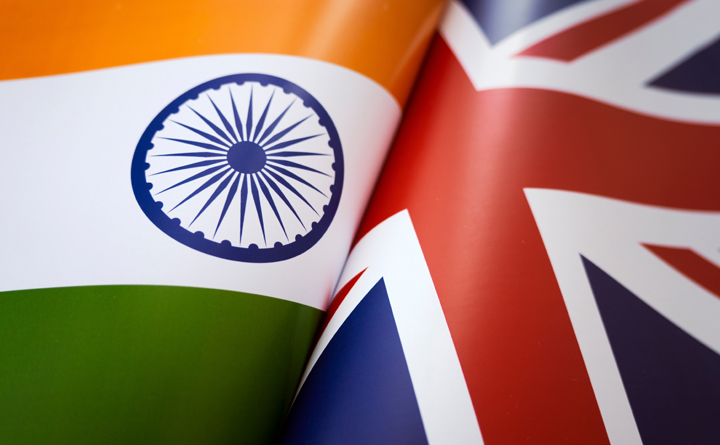UK–India Trade Deal – What It Means for Freight Forwarding Companies
UK–India Trade Deal: What It Means for Freight Forwarding Companies – The long-anticipated trade agreement between the United Kingdom and India is set to unlock significant economic opportunities for both nations. As negotiations enter their final stages, freight forwarding companies are closely watching, as this deal could reshape trade lanes, boost cargo volumes, and introduce new efficiencies and challenges in cross-border logistics.
A New Chapter in UK–India Trade
The UK and India have been working on a Free Trade Agreement (FTA) since 2022, aiming to reduce tariffs, streamline customs processes, and improve market access for goods and services. With bilateral trade already exceeding £36 billion annually, the FTA could significantly increase this figure by removing many of the friction points that currently slow down goods movement.
For freight forwarders, this means:
- Increased demand for logistics services – Lower tariffs and improved trade terms are likely to boost exports and imports across sectors like pharmaceuticals, automotive, textiles, and food and drink. Freight forwarders will need to scale up operations to meet this expected rise in demand.
- Growth in multi-modal shipping – India’s investment in port infrastructure and rail corridors aligns with the UK’s interest in efficient trade routes. Forwarders may benefit from faster transit times and greater integration of sea-air-land networks between the two countries.
- Simplified customs procedures – One of the key components of the FTA is the commitment to cut red tape. This means less time stuck in customs and more predictable delivery schedules—especially valuable for time-sensitive or perishable goods.
Opportunities for Freight Forwarders
- Emerging Trade Corridors – The FTA could strengthen direct trade lanes between the UK and Indian ports such as Nhava Sheva (JNPT), Mundra, and Chennai. This might open opportunities for UK-based forwarders to establish partnerships or satellite offices in India.
- Digitalisation and Smart Logistics – As both nations push for digitised trade documentation and electronic customs declarations, forwarders who invest in smart logistics platforms can gain a competitive edge.
- Niche Market Expansion – Sectors such as renewable energy components, organic food, and sustainable fashion—where both countries show growth potential—may become key verticals for specialised logistics providers.
Challenges Ahead
While the trade deal offers potential, freight forwarders must be prepared for:
- Regulatory Alignment Issues – Differences in product standards, labelling, and safety regulations could still complicate some shipments. Forwarders will need to stay updated on compliance requirements and advise clients accordingly.
- Infrastructure Gaps in India – While India is making strides in modernising its logistics infrastructure, bottlenecks remain in last-mile delivery, especially in rural regions. Forwarders operating in these areas may face delays or require third-party collaborations.
- Currency Fluctuations and Duties – The trade deal might not eliminate all duties, and fluctuating exchange rates can affect freight costs. A strong risk mitigation strategy is essential.
Final Thoughts
For freight forwarding companies like Uneek Group, the UK–India trade deal is more than just a diplomatic win – it’s a call to action. Businesses that adapt early, form strategic alliances, and invest in scalable logistics solutions will be well-positioned to thrive in this evolving trade landscape.
About this Blog
Address: Uneek House, Amberley Way, Hounslow, Middlesex, TW4 6BH
Call: +44 (0) 20 8569 4949
E-mail: [email protected]
Website: www.uneek-group.com
Blog Title: UK–India Trade Deal – What It Means for Freight Forwarding Companies
Blog Author: Mark Watts

